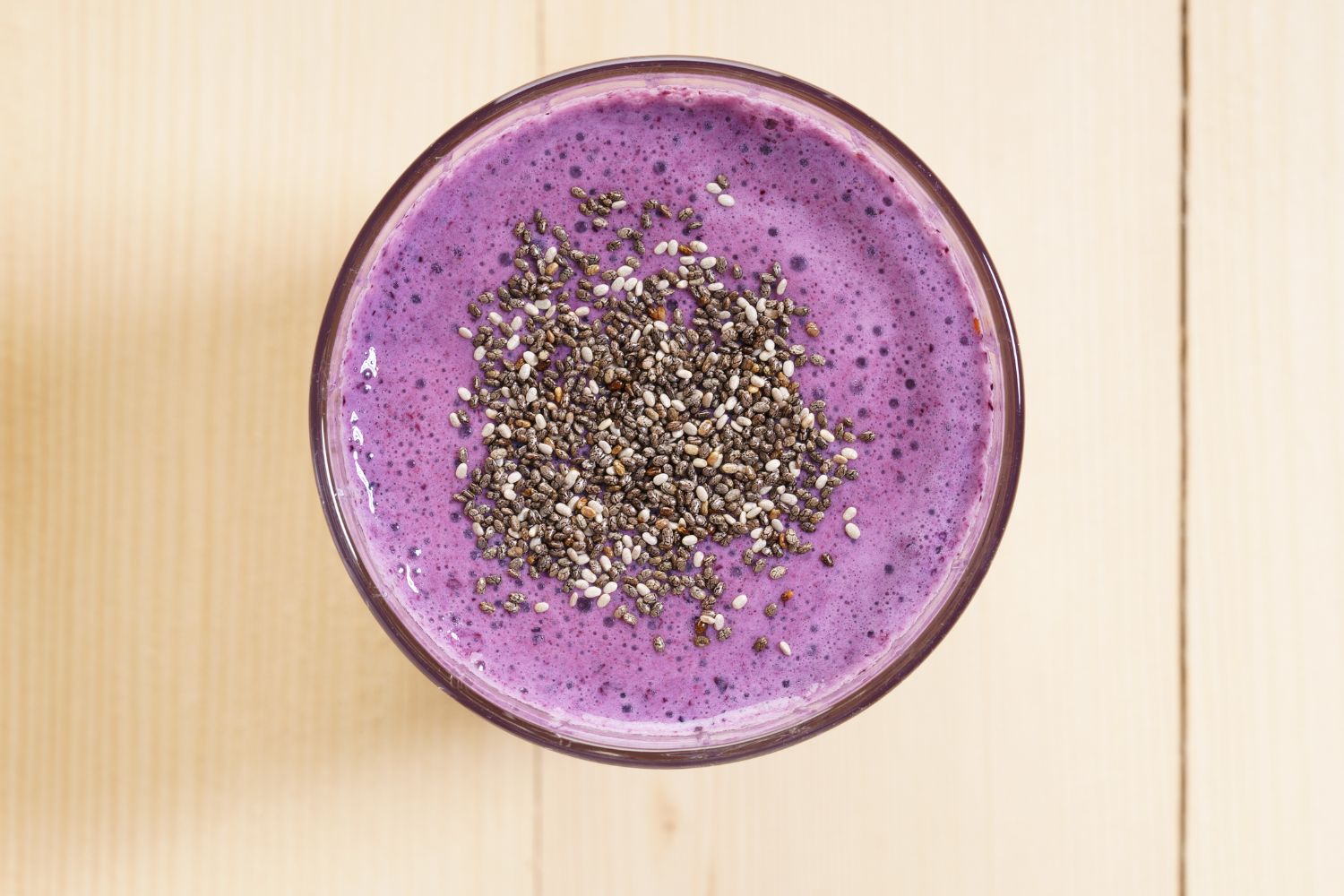
Ozempic: Weighing the pros and (often hidden) cons
“Nothing tastes as good as skinny feels.”
That refrain has been repeated since Kate Moss popularized it in the 2000s. And if you are like me, the 1 in 3 adults in the US who are overweight, it reminds you of the stigma that is often tied to fatness: you’d rather indulge yourself with food than opt for the skinny life, a life you may never get a taste of. As though body size is solely a reflection of discipline, and not a result of a demanding, sedentary, junk-food-filled society.
Yes, obesity is a health crisis. But our nation’s weight issue is not only a medical concern, but a cultural one, too. Study after study validates that overweight people, especially women, face stigma and discrimination that result in favoring the fit. That’s been socially acceptable for decades.
But this anti-obesity boom is only just beginning. As worldwide obesity rates continue to rise, drugs like Ozempic and Wegovy (powered by a molecule called semaglutide) and Mounjaro (which uses tirzepatide) became the first pharmaceutical brands to reach celebrity status across social media. While Ozempic is currently prescribed for those who have type 2 diabetes, each of these appetite-suppressing drugs have proven to be effective in promoting weight loss, including menopausal weight gain. And future versions of these glucagon-like peptide-1 (GLP-1) medicines could be game-changers: In clinical trials, they’re showing to not only stave hunger, but improve the way your body breaks down sugar to boot.
From possible side effects like “Ozempic personality” to potentially curing addictions, here’s the skinny on the lesser known side effects of weight loss drugs (before you start to feel seduced by these injectable hormones).

